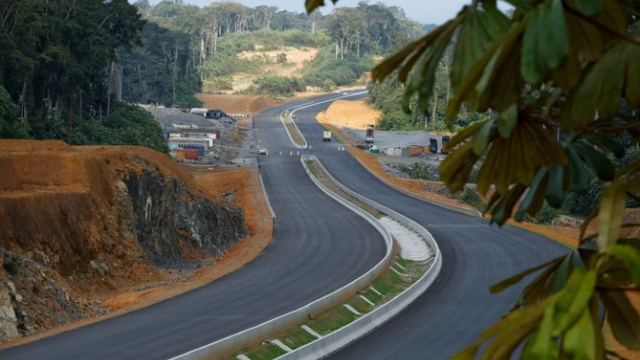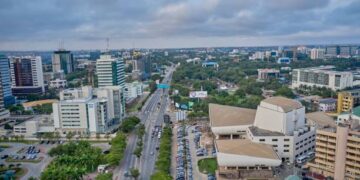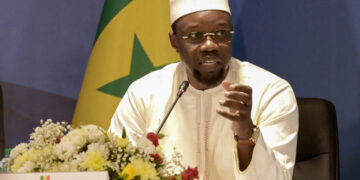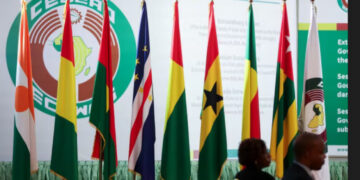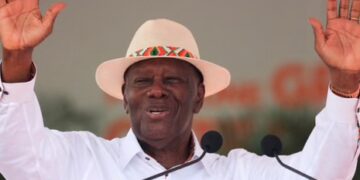Côte d’Ivoire has formally ratified its participation in the Praia Dakar Abidjan highway initiative, an ambitious transnational infrastructure project aimed at enhancing regional integration, trade, and mobility across West Africa. Following a cabinet meeting held on Wednesday, the Ivorian government adopted a decree ratifying the treaty for the establishment of the Praia Dakar Abidjan transport corridor, as confirmed in an official communiqué issued in Abidjan.
This development marks a significant policy step in Côte d’Ivoire’s commitment to the project, which had previously received parliamentary approval in June. The highway corridor, envisioned to span approximately 3,164 kilometres, is set to link eight countries: Cape Verde, Senegal, The Gambia, Guinea Bissau, Guinea, Sierra Leone, Liberia, and Côte d’Ivoire. It will form a critical axis of movement for goods and people, connecting major port cities, capitals, and inland economic zones along the Atlantic corridor of West Africa.
The initiative stands as a flagship programme under the auspices of the Economic Community of West African States (ECOWAS), reflecting the bloc’s broader vision of economic and physical integration through transformative infrastructure. The corridor is not merely conceptualised as a highway, but rather as a multimodal transport network integrating road, rail, and maritime systems. This design reflects a shift away from extractive and externally imposed infrastructure models and toward development strategies co-owned and co-designed by African institutions and stakeholders.
The African Development Bank (AfDB), a principal technical and financial partner, has allocated USD 1.79 million to advance preliminary project studies. These include feasibility assessments, environmental impact evaluations, and social diagnostics. According to statements from the Bank, these studies are set to begin within the coming months, setting the groundwork for subsequent construction phases. The AfDB has consistently advocated for infrastructure-led regionalism as a foundation for sustainable economic growth, particularly through its Programme for Infrastructure Development in Africa (PIDA) framework.
Beyond its logistical scope, the highway corridor carries deeper geopolitical and economic significance. West Africa remains one of the most densely bordered regions in the world, with landlocked states frequently experiencing disproportionate trade costs and logistical inefficiencies. The corridor, once completed, has the potential to reduce border delays, lower transportation costs, and stimulate intra African trade, an objective closely aligned with the African Continental Free Trade Area (AfCFTA) framework.
Unlike previous models of infrastructure development driven by foreign capital with limited local engagement, the Praia Dakar Abidjan corridor signals an emerging paradigm centred on African agency. The project’s trajectory will be shaped by a mix of domestic institutional capacity, regional consensus building, and sustainable finance, elements often overlooked in simplistic narratives around African development.
Côte d’Ivoire’s ratification also underscores a growing recognition among West African governments of the interconnected nature of their economies and societies. While the challenges ahead remain formidable, including coordination among eight sovereign states, financing, and environmental sustainability, the project has already become a touchstone for pan African cooperation.
As preliminary studies proceed, attention will turn to mechanisms for public participation, ecological impact mitigation, and equitable benefit sharing among communities across the corridor. With regional infrastructure gaps remaining a critical constraint on development across the continent, initiatives such as this will be instrumental not only in facilitating economic activity but in reimagining how infrastructure serves people rather than displacing them.


